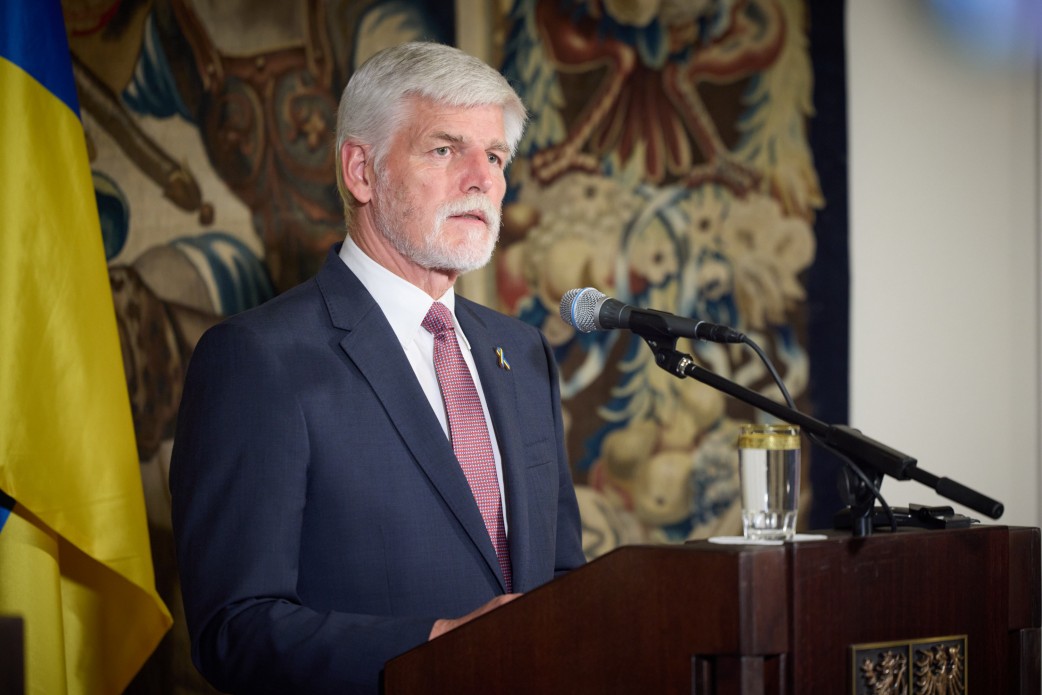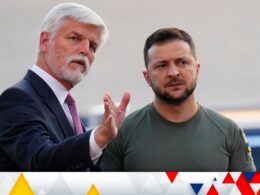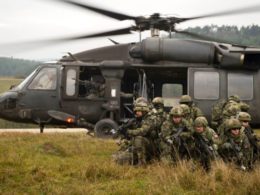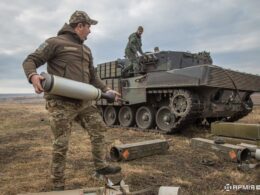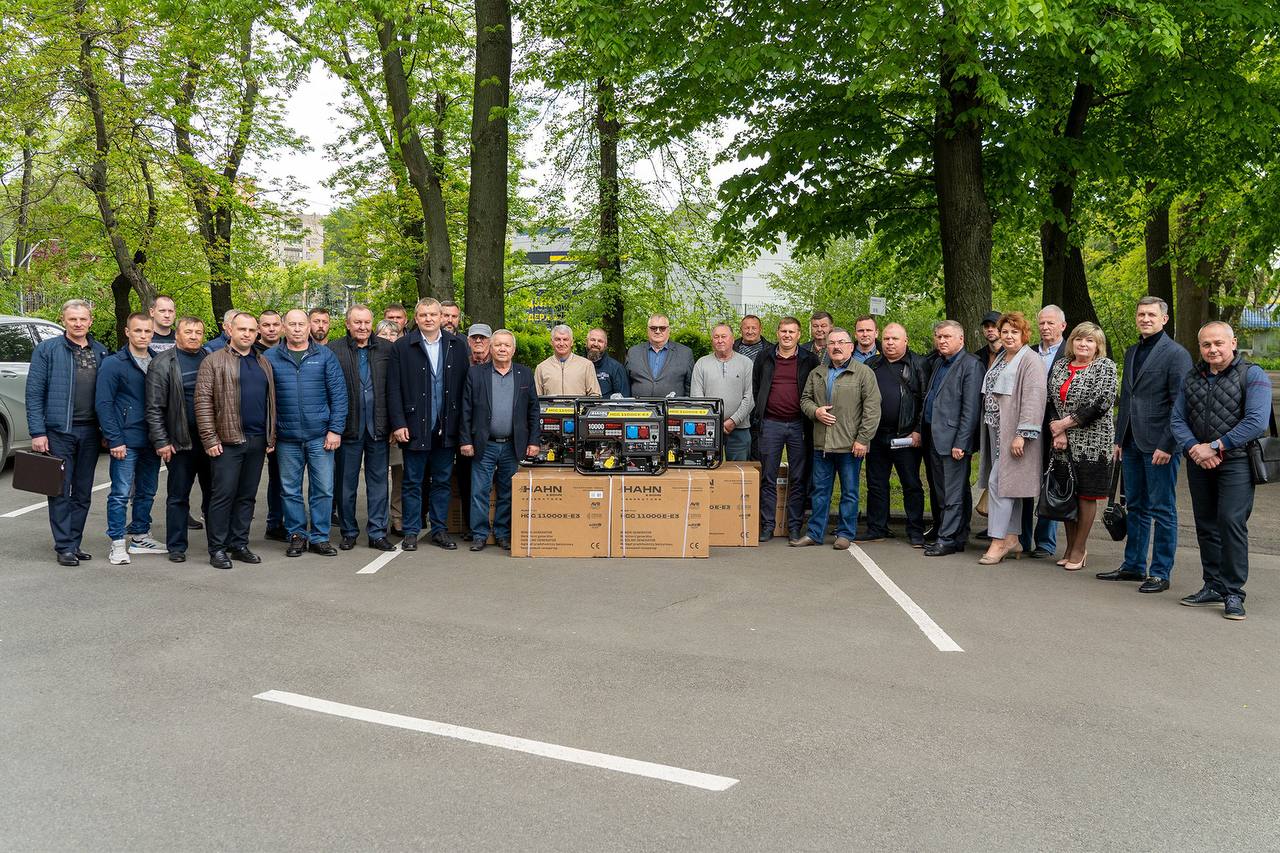Czech President Petr Pavel indicated in a March 8 interview with Czech Television that NATO troops could engage in support activities directly on Ukrainian soil without breaching international regulations, according to Euroactiv. His comments followed a meeting with French President Emmanuel Macron, who had recently raised the prospect of deploying Western troops to Ukraine.
On 26 February, French President Macron suggested sending Western troops to Ukraine, stating France was "not against" it. This prompted rejections from NATO and several countries, including the US, UK, Italy, Spain, Sweden, Poland, and the Czech Republic. Russia threatened consequences for countries supporting Ukraine. Later, some countries, like Canada and Czechia, revised their stance, considering non-combat roles for their troops in Ukraine.
Pavel, the former head of NATO’s Military Committee, emphasized the need for a clear distinction between deploying combat troops and potentially engaging troops in certain "support" activities, highlighting NATO's existing experience in this regard.
“It should be remembered that after the annexation of Crimea and the occupation of part of Donbas, which was essentially an aggression, albeit on a much smaller scale than today, a NATO training mission was operating on Ukrainian territory, which at one time included more than 15 countries and numbered around 1,000 people,” Pavel noted, according to Euroactiv, adding: “From the point of view of international law and the UN Charter, there would be nothing to prevent NATO member states’ troops – as well as civilians, for example – from assisting in the work in Ukraine,” Pavel stressed.
When asked about his stance on NATO troops directly supporting Ukraine on its territory, Pavel did not dismiss the idea. He suggested that instead of training Ukrainian soldiers in NATO member states and transporting troops to places like Poland or the Czech Republic, it might be more practical to send a few dozen instructors to Ukraine for training.
He also noted that Moscow had previously warned that anyone aiding Ukraine would be a legitimate target. Despite NATO supplying Ukraine with various weapons, including tanks and potentially aircraft, there have been no attacks on NATO territory. Pavel emphasized that Russia understands the consequences of such actions, acknowledging NATO's strength.
Macron doesn’t rule out sending troops to Ukraine; Stoltenberg says NATO has no such plans (updated)
Pavel argues that Western allies should bravely defend their actions legally, asserting that training and equipment maintenance in a sovereign country do not constitute combat.
After meeting Macron on 5 March, Pavel made similar remarks, reiterating the need to aid Ukraine, emphasizing that on-the-ground training for Ukrainian troops does not violate international rules and should adhere to non-combat engagement principles.
Euroactiv notes that this "makes Pavel one of the few European politicians to support Macron’s discussion of sending troops to Ukraine."
Polish foreign minister Radosław Sikorski stated that French President Emmanuel Macron’s proposal to deploy Western troops on Ukrainian soil could be useful as a way to influence Russia’s actions in the ongoing war: “The presence of NATO forces in Ukraine is not unthinkable,” Sikorski said. Moreover, he said that NATO troops are already in Ukraine, without specifying which NATO member nations he was referring to.
Later French President Emmanuel Macron stated that “we cannot afford to set limits for ourselves in the face of an enemy who sets no limits.”
Read also:
- Canada open to sending non-combat troops to Ukraine as instructors; more countries support non-combat missions (updated)
- Ukraine support cannot have limits, Macron tells French party leaders
- Macron backs Czech plan to supply Ukraine with 800,000 artillery shells
- Macron says Ukraine’s allies must not be cowards, rise up to historic challenge
- Macron doesn’t rule out sending troops to Ukraine; Stoltenberg says NATO has no such plans (updated)
- Czech Republic and Ukraine to start joint production of fighter jets, Petr Pavel says

